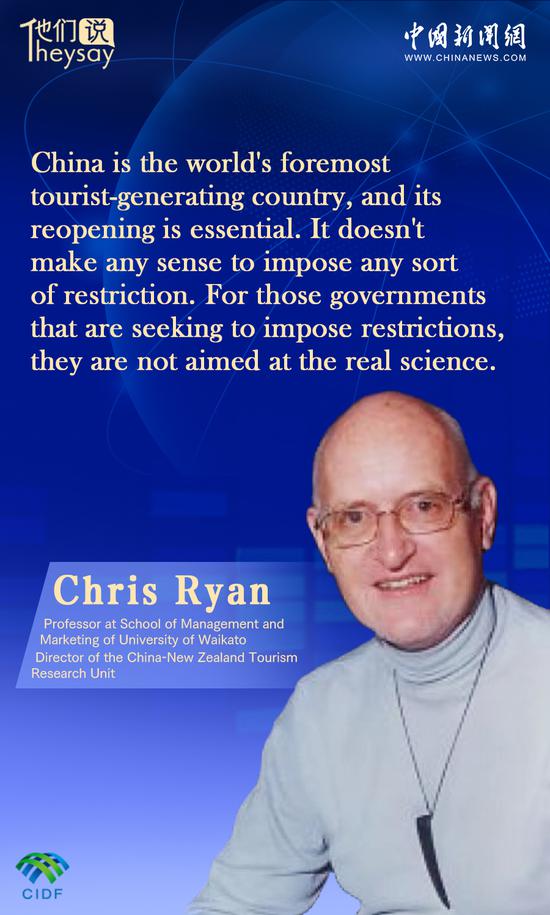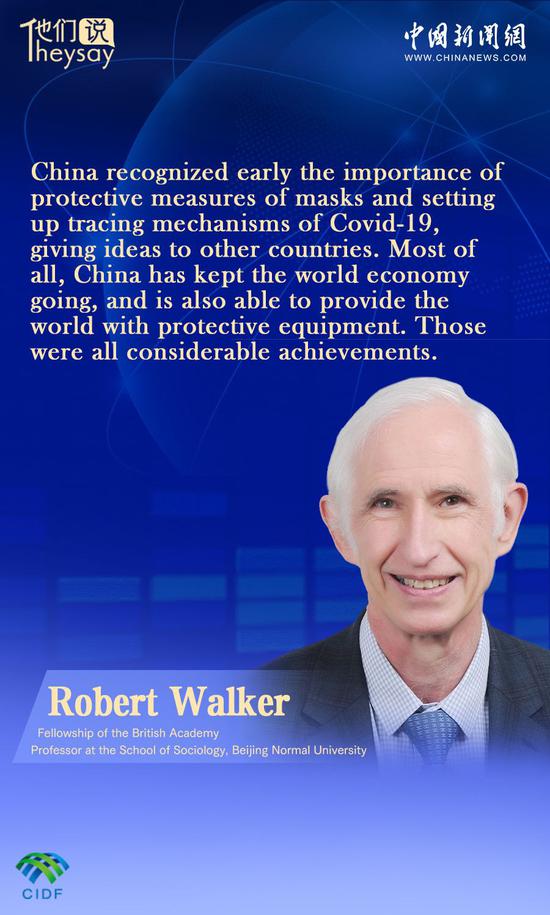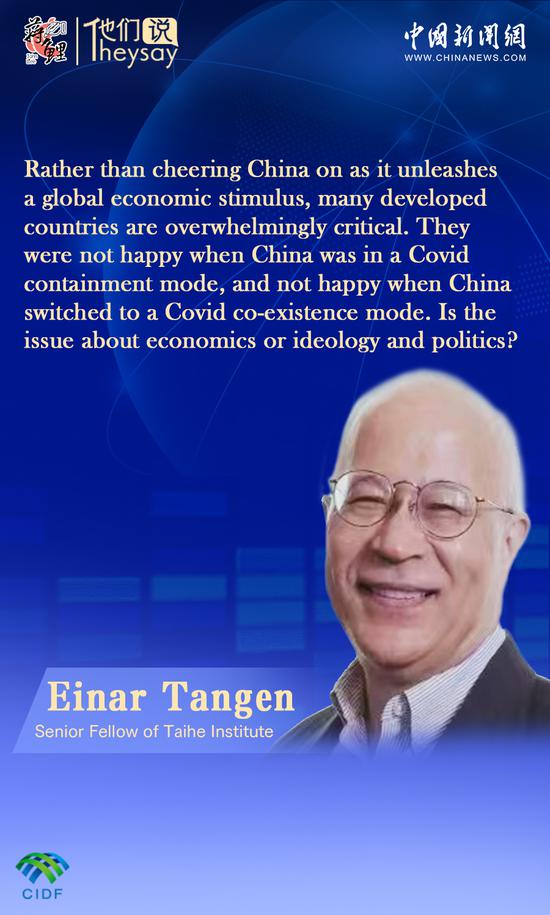The number of students from the European Union studying in the United Kingdom has fallen by half since Brexit, newly published figures from the Higher Education Statistics Agency, or HESA, have revealed.
The data coincides with the third anniversary of the UK finally leaving the 27-member bloc at the start of 2020, four years after the referendum which began the withdrawal process. It shows that from a figure of 64,120 students in the year 2020-21, the total dropped to just 31,400 the following year.
Visa concerns and hugely increased tuition fees are identified as two of the main reasons for the decline, with numbers from France — previously the biggest source of EU students, Germany and Italy particularly hard hit. Ireland now contributes the highest number of EU students at around 10,000, with more than 2,000 of them enrolled in universities in Northern Ireland.
Postgraduate students and the research sector have suffered more than others, with the 2017-18 total of 24,000 postgrads falling to 14,000, and research students going from 4,650 to 2,260.
The HESA called this particular drying-up of numbers "a cause for concern in terms of the pipeline of research talent for the UK".
Universities UK, the collective organization representing universities, said the consequences were less diverse classrooms, and serious financial implications for universities that relied on EU students completing full-length degree courses.
"The broad assumption is that Brexit has something to do with it," Charley Robinson, the organization's head of global mobility policy, said. "It's simply not as easy as it used to be to come from the EU and work in the UK."
Significant rise
Although the enrollment of non-EU first-year students in 2021-22 rose by 32 percent, and there has been a significant rise in numbers of Chinese students from 107,000 in 2017-2018 to 151,000 last year, many of the new overseas intakes are only taking postgraduate courses lasting one year, so they do not redress the economic balance.
Scottish universities have suffered the same as the rest of the UK, despite voters in Scotland having backed remaining in the EU at the 2016 referendum, and being taken out as part of the wider UK decision, which is a contributory factor to raised tensions between Scotland's devolved government and central powers in Westminster.
Carol Monaghan, education spokeswoman for the Scottish National Party, called the impact of Brexit on higher education "devastating", putting European students off coming to Scotland and also preventing Scottish students from participating in European study programs.
"Brexit has been catastrophic for young people across Scotland as their opportunities to work, travel and study in Europe have been severely hindered by the ending of free movement of people," she said.


















































 京公网安备 11010202009201号
京公网安备 11010202009201号